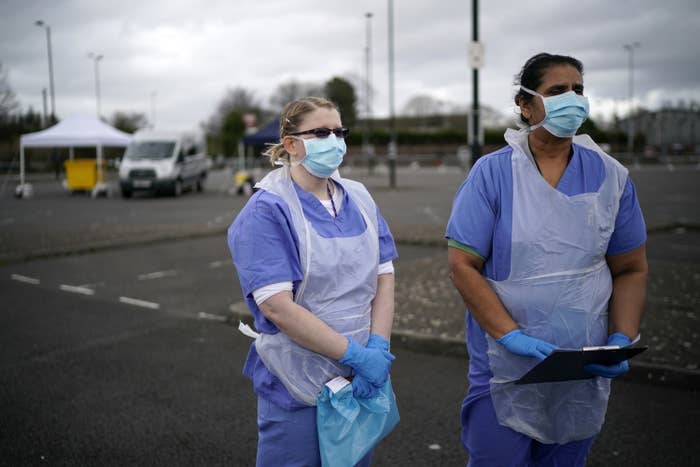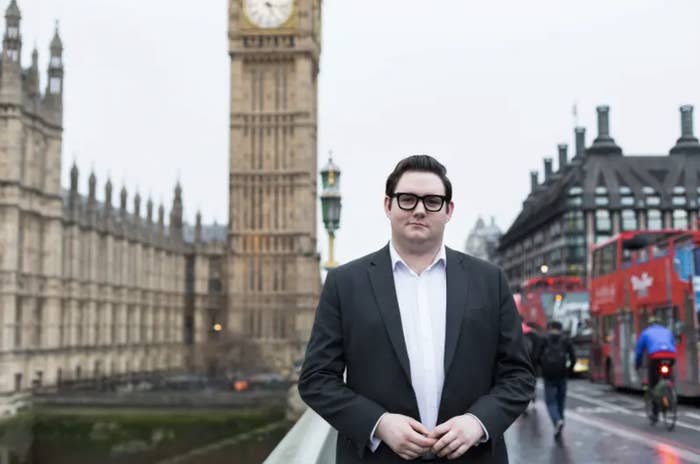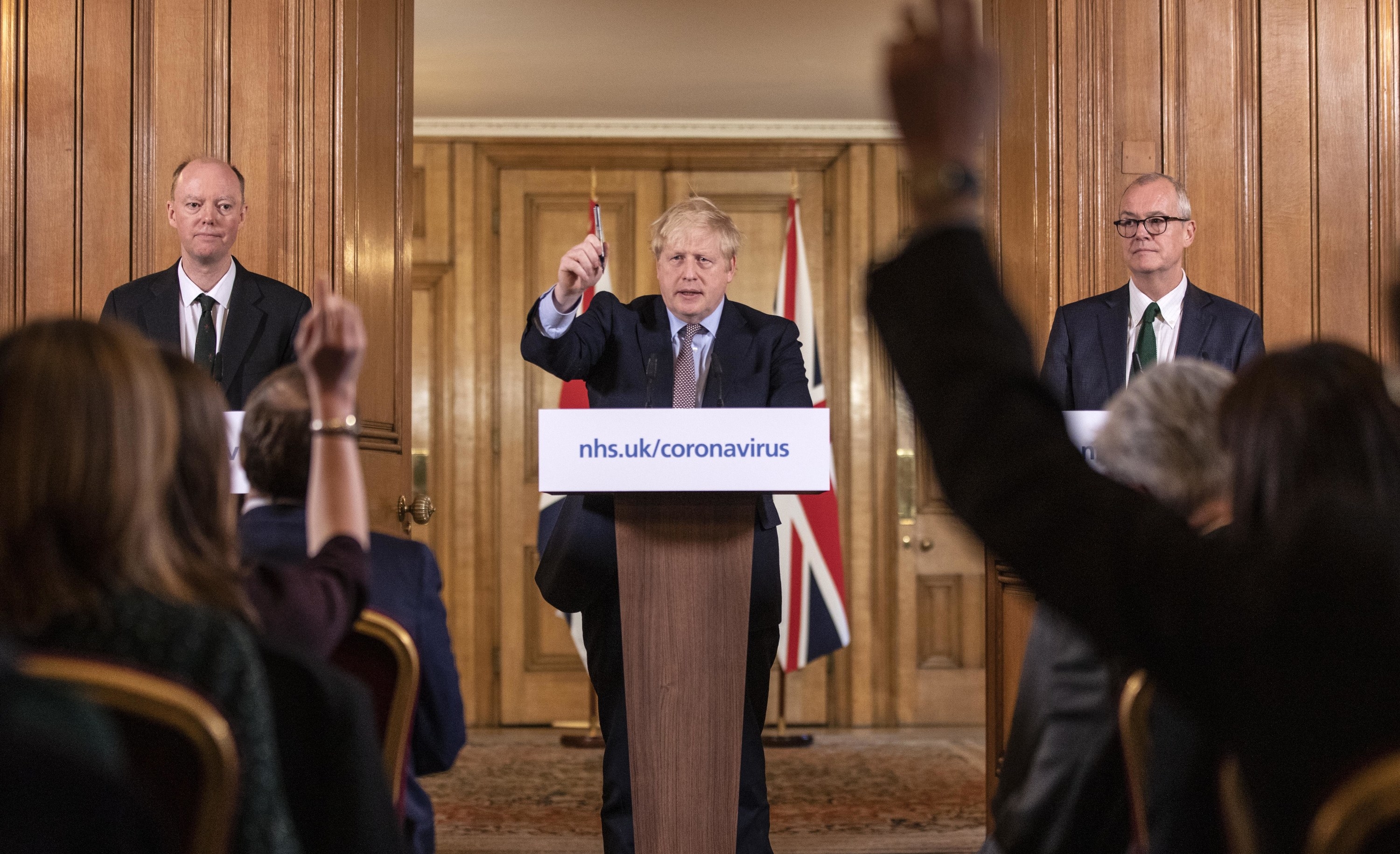
A designated helpline for people with HIV who are concerned about the impact of COVID-19, the disease caused by the novel coronavirus, has been set up following the government's announcement of drastic measures to restrict social contact for everyone — and in particular for those over 70 and people with underlying health conditions.
The helpline — 0131 558 3713 — will be open every weekday from 10am to 6pm.
Although it has been launched by HIV Scotland, the charity’s chief executive, Nathan Sparling, told BuzzFeed News that anyone in the UK and beyond is welcome to call with questions including the risk these two viruses could pose to their health, concerns about drug supplies, changes to their treatment, and for help accessing food and medicine if they are having to self-isolate.
The reason for setting up the service was, said Sparling, “because there is such uncertainty and unclarity about the advice that's given. So the service has been designed to bring together the expert advice of, for example, the British HIV Association with the coronavirus advice, and provide a simple, stigma-free, nonjudgmental service to people living with HIV so that they can get information quick.”
This would give people an alternative to NHS helplines such as 111, if necessary, and if lines were jammed. So far only one case has been documented of a person with HIV contracting the coronavirus who needed to be hospitalised, but the patient also had diabetes and has since recovered, so the case has not provided significant data on the impact of the coronavirus on patients with HIV.
Until now, the advice from the British HIV Association has been that people who are on treatment, and who are virally suppressed, should not expect to suffer more severely than the general population if they are infected with the coronavirus. But those who are not on treatment, not virally suppressed, or with very low CD4 counts — the chief measure of the immune system — could be more impacted.

Sparling said the charity had launched the helpline after being contacted by numerous people with HIV who were anxious about the threat of this new pandemic.
“It’s quite alarming how many people are going about their life really quite scared of what this thing could do,” he said. “Terms like ‘immunosuppressed’ and ‘underlying health conditions’ are being used to describe all the people that could be worse off when it comes to coronavirus when in reality people that are living well on treatment, with undetectable viral loads, are really no more so.”
“I had one person email me today saying he believes that if he was to get it, he will die because of how many underlying health conditions he has. So it’s about being able to respond to these,” said Sparling.
Other HIV charities may also divert callers to this helpline, although the Terrence Higgins Trust, the largest HIV organisation, will continue to take calls about the coronavirus to its advice line, THT Direct (0808 802 1221).
Chris Whitty, the chief medical officer, said on Monday that anyone over the age of 70 or with a serious or chronic health condition should now self-isolate for 12 weeks for their own safety and to help prevent the NHS from becoming overwhelmed.
He cited among those who could be in this category anyone who is eligible for the flu vaccine. This includes everyone who has HIV. However, it was not clear whether all people with HIV are now being asked to stay at home for 12 weeks and avoid all social contact where possible, or whether this would apply strictly to people who are not virally suppressed.
BuzzFeed News has asked the Department of Health for clarification and will update this story with its response.

Advice on what will happen as face-to-face appointments in HIV clinics pivot to telephone appointments, and how to obtain medication when not visiting clinics, will also be given on the helpline.
In an extraordinary measure, HIV Scotland is also encouraging people to call the line if they are unable to find food, basic drugs such as paracetamol, or other essentials.
“We're offering, if anyone is stuck, to find volunteers and get emergency supplies and treatment to people if they need it,” said Sparling. “There will be people with a low CD4 or with respiratory or other problems who simply will not want to leave the house during this time.
"It’s not about us doing all this work, it's about being a single point of contact, in order for people to feel confident about the advice. But then we’ll work with local partners to make sure that their medication can get picked up and delivered to them.”
The overall situation of isolation, confusion, and a second pandemic to hit those with HIV is, he said, “severely impacting people's mental health”. Being a trusted voice, “and even just providing them a call back in a week to find out how they are”, could therefore prove vital.

